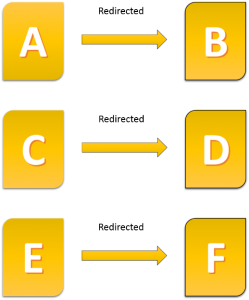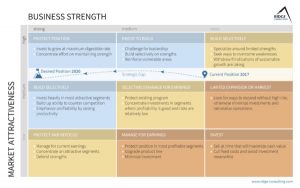— August 25, 2017

rawpixel / Pixabay
Customer relationship management (CRM) software is no longer just for large companies. In today’s highly competitive world, small and mid-sized businesses everywhere should be looking for a leg up on their competition. Leveraging the best CRM for small business can help you gain that edge over your competitors.
CRM software was originally designed to help businesses build and maintain relationships with new and existing customers. However, these days a CRM solution can do a lot more. It can drive higher productivity and efficiency by streamlining your sales cycle, organize your data, and allow you to view company performance at the click of a button.
If you’re still on the fence about whether a CRM solution is the best option for your small to mid-sized business, here are a few benefits that you should consider.
For starters, a CRM can help you centralize your contacts and interactions, which decreases the time you spend searching for information. With a CRM solution, you have access to information like email, phone number, notes from your last conversation with a prospect, website, LinkedIn profile, and so much more in one centralized location allowing staff to do more in less time.
Tired of tracking your sales cycle in a spreadsheet? With a CRM for small business you can create views and dashboards to better manage your prospects. For example, with Salesforce CRM you can create a view that allows you to view all of your prospects who are in a specific stage of your sales cycle. A CRM solution will also allow you to have better visibility into where your prospects are in your sales cycle, and ensure you’re focusing your time on the prospects that matter most.
Another great reason to leverage a CRM solution is its ability to sync with your systems. Today, CRMs are robust tools that can communicate with just about any system you’re already using. Integrating tools like HubSpot with your CRM can streamline your inbound marketing process. For example, when a lead fills out a form on your company’s landing page made through HubSpot, it will communicate with your CRM, automatically create a lead in your CRM, and prompt a team member to follow up. This type of configuration drastically increases efficiency and reduces the risk of recording incorrect data.
Leveraging a CRM to serve as a single source of truth will help keep your team on the same page, which fosters better internal communication and better customer relations. There is nothing more frustrating than calling into a customer service line, explaining your situation, then getting transferred to another representative only to have to explain yourself again! Storing information in one place saves everyone time (internally and externally), and improves overall experiences.
Most CRMs have features that allow you to build customized templates and send mass emails, allowing you to track both open and response rates so that your marketing efforts become super quick and easy evaluate.
If you choose to use a CRM solution, make sure it’s a cloud based CRM. Also, make sure to research its mobile platform. Cloud based CRMs allow you to access information from anywhere so you can update your records while on the go, waiting at the gate for your next flight, or working remotely. CRMs with good mobile platforms make managing your contacts even more accessible and easier.
Reports generated from CRMs are only as good as the data you put into them. However, a CRM can help small businesses tap into insights on a more granular level such as customer information and correspondence, individual sales performance, trends and more to enable you to make effective decisions to grow your business.
CONCLUSION
Running a successful business is not easy, but leveraging a CRM will help drive your business forward by empowering you and your team to be more productive, efficient, keep your data organized, and give you a more precise view of your business’s overall performance.
Business & Finance Articles on Business 2 Community
(134)
Report Post






